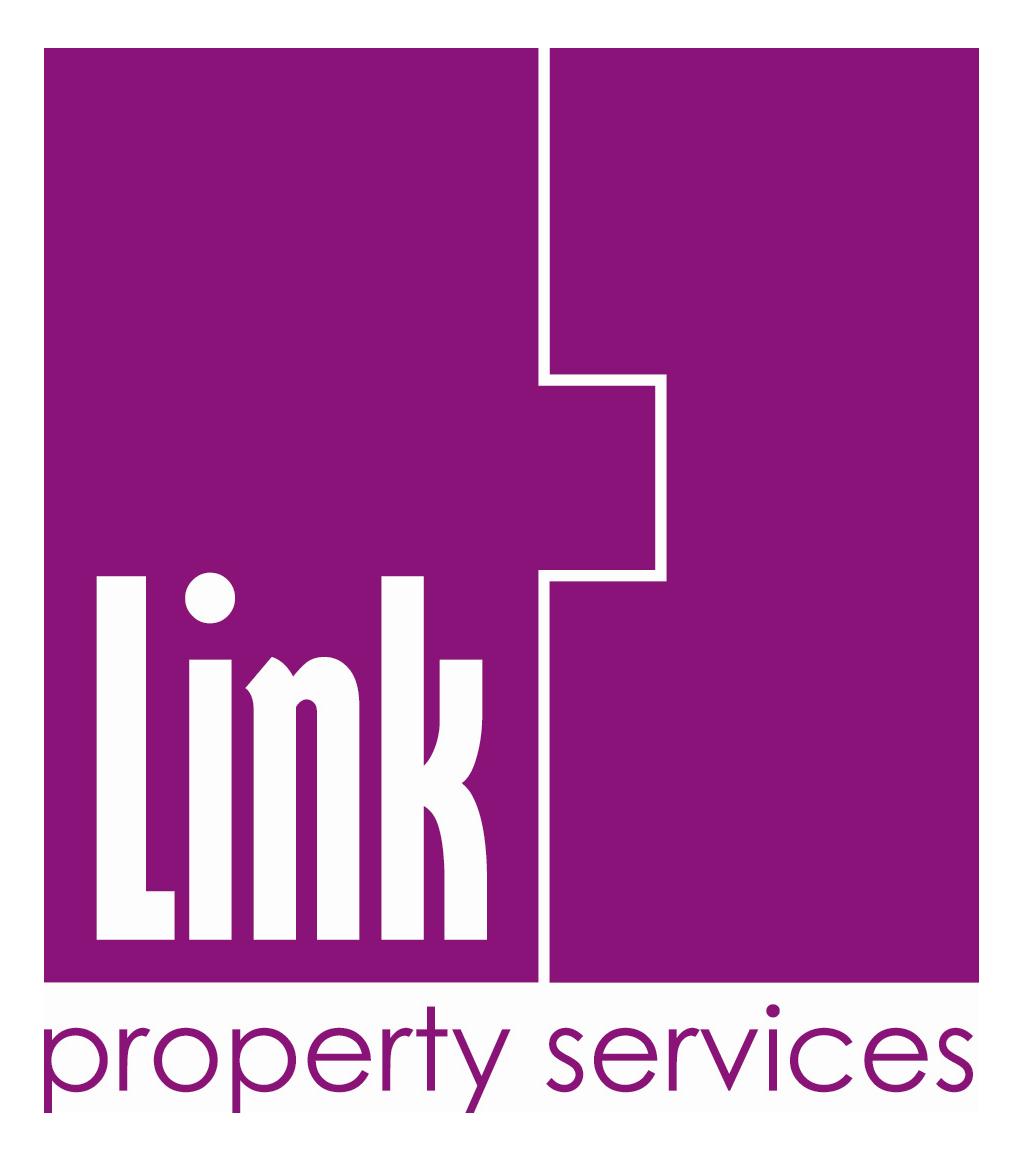1. maintain control over your insurances
If you have a Net Lease and the tenant pays outgoings this does not give them the right to arrange your insurances. It simply means they need to fund the reasonable costs of insuring the property. If you allow a tenant to arrange building insurance, quite obviously their risk appetite is different to yours. It may well be that your tenant sees this as an opportunity to reduce costs at your expense. Your investment is an asset that requires protecting and to hand over the keys to protecting your asset (to someone who also has to pay the invoice) is fraught with danger. Take home message – a legal requirement to pay for your insurance does not transfer a right to the tenant to arrange the insurance. Landlords are entitled to maintain the integrity of their insurance protection. NOTE WELL: This is subject of course to your lease being structured correctly and allowing this to occur.
Gross leases can be problematic if you haven’t allowed for adequate recovery provisions where the tenants business activities create increased premiums or restricted terms and conditions.
2. consider the nature of the tenants business on your insurance premiums
The business activities of your tenant has a fundamental impact on the pricing of your insurance plus the terms and conditions. Not only will your pricing change from tenant to tenant but your insurer may also have to change. If for example, the occupancy alters from a metal engineering supplies business to a chemical manufacturer then there is a very good chance your current insurer will not want the risk associated with the new tenant. Failure to notify the insurer of the change in tenant could very well render your insurance policy void. ALWAYS consider the impact of any change in tenancy on your insurance programme.
3. does your tenants fitout contain EPS?
Expanded Polystyrene panels. Many industrial units, shops, factories etc contain an element of EPS panel construction. Whether it be a functioning cool room, a previous cool room converted to storage, office panelling, dividing walls etc, the ubiquitous EPS panel wall pops up in many places and for many reasons. BE AWARE- insurers specifically look to underwrite their EPS exposures. Make no mistake this is a product that insurers avoid and in many cases, where the surface area percentage exceed certain thresholds, many insurers will simply decline to insure. It is considered so high risk that depending on a property’s percentage of EPS they may only be able to arrange insurance through a ‘specialist’ EPS insurer or underwriting facility. There are varying forms of ‘sandwich panelling’ and some are more fire retardant than others (Mineral Fibre cores) however these are uncommon. The typical sandwich panel is EPS and whilst it may present a cheap cost solution to many needs it could very well be something that affects your insurance premiums and/or cover provided following a Fire.
4. loss of rent – how much is enough?
This is an area of protection within an insurance programme that is often an afterthought. Inadequate insurance is a real risk here as the difficulties of reinstating a building following a major loss can be substantial. The period you insure the lost rent (12 mths, 18 mths, 24 mths etc) becoming more critical depending on the nature of the damage (does the building have to be knocked down, site cleared etc?), the nature of your property, the local council attitudes and processes, compliance obligations, neighbours, economic factors, trade and or materials supply issues etc. A major event could mean a rebuild period of years. DON’T SKIMP on the Loss of Rent allowance under your insurance programme as this is by comparison one of the lower cost options yet possibly the difference between getting your building back or not!
5. property owners public liability still applies to strata unit owners
Consider a strata complex with Body Corporate insurance. Is your insurance taken care of through the Owners Corporation’s insurance programme? No. They are not. As an individual unit owner you own the air space within 4 walls of your unit. The walls and the common areas outside your 4 walls are Owners Corporation responsibility. The insurances you contribute towards via your strata levies are there for the owners group needs and not your individual needs. This not only means you are responsible for insuring your own improvements, fixtures and fittings but you are also responsible for insuring your own Public Liability as the individual owner of the unit. Imagine you have prepared a concrete floor surface with a sealant and hi wear paint (in preparation for your new tenant). There is a slip and fall inside the factory unit as a result and the tenant (or his workers compensation insurer) decides to recover from you -the unit owner. Unless you have established your own Property Owners Liability insurance then this may well be an expensive legal defence and possible settlement you have to fund on your own.
Source: Business Insurance Australia
Posted: 30 November 2015
